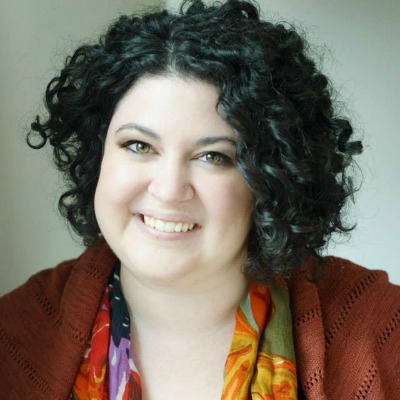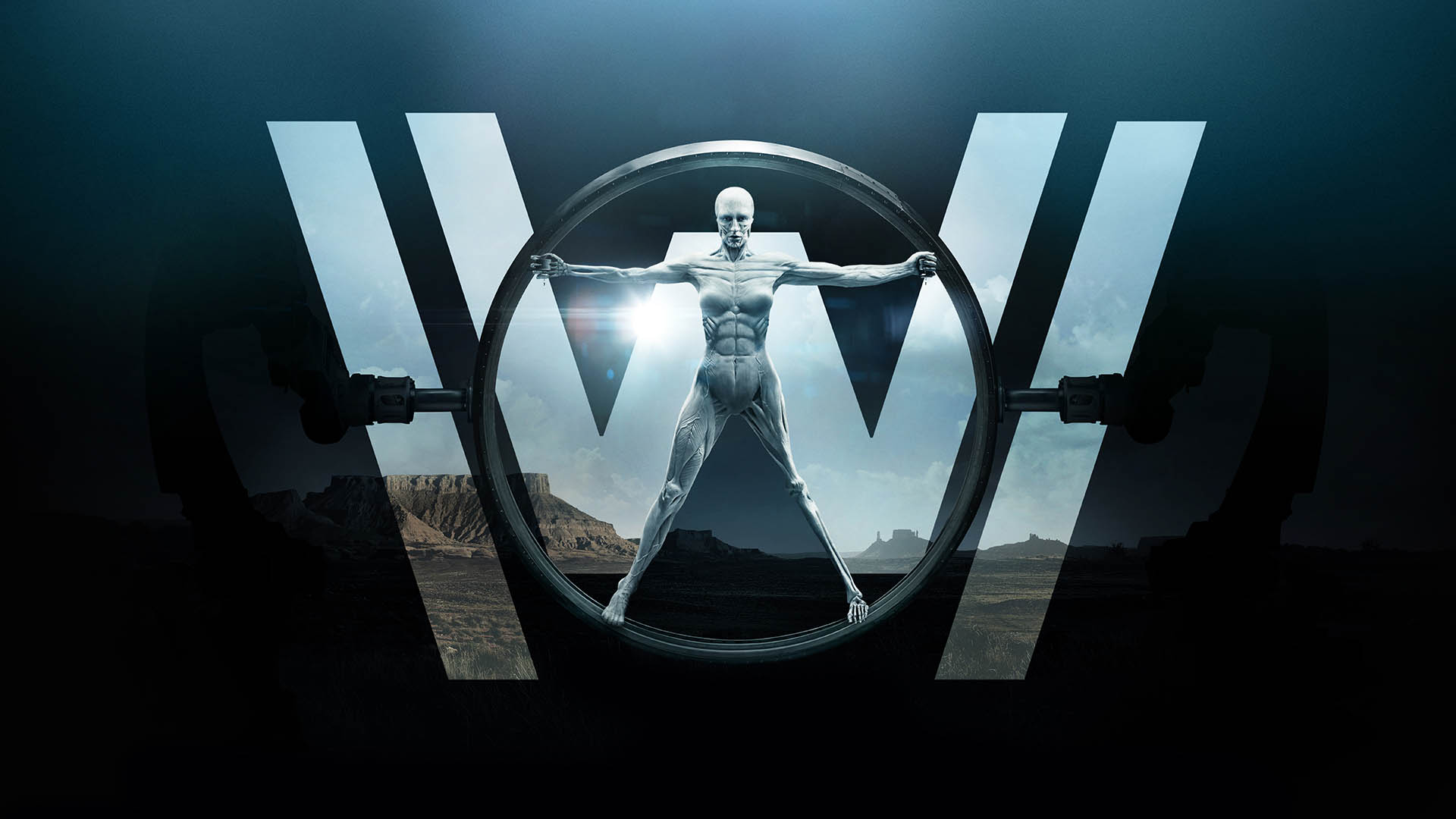HBO recently completed its second season of the complex hit show Westworld. While its brutal violence and jarring storytelling is not for everyone, fans of the show will gladly spend hours untangling its dense narrative threads and unpacking the weighty, existential questions it poses. Here, Assistant Instructor Brittany Deininger (MA in Theology & Culture, ‘17) focuses on the latter. Without diving into plot-spoiling details, Brittany wrestles with Westworld’s questions of what it means to be human and to live in relationship with one another.
Westworld Then and Now
Science Fiction as a genre has always explored what it means to be human in light of an unknown other. The aliens, monsters, and technologies serve as examinations into our own being and psyche. Our explorations of other worlds provide traveling space to study life in this world. In 1973, Michael Crichton’s film Westworld inhabited imaginations entering a technological age. His script even gave us the term “computer virus” when personal computers were not even a prototype. As actor Yul Brynner proved even a slow chase could be terrifying, Crichton posed questions about human desire and hubris, the controllability of technology, and the nature of reality.
Lisa Joy and Jonathan Nolan have been translating Crichton’s work into a cinematic saga that is a contemporary meditation on the nature of free will, consciousness, and the thin line between humanity and its technological creations. The show’s themes and imagery are both brilliant and brutal as they deconstruct the darkness of human psyche acted out violently against robot hosts deemed sub-human while tracking their bid for consciousness. All the while, the questions persist: What does it mean to be human? What is the nature of consciousness and personhood?
Consciousness
Within the first two seasons Westworld’s narrative arches with the question, can robot hosts have consciousness? Without spoiling the plot, the creators use the hosts to explore three key principles of consciousness:
- First, we need relationships and conversation with other minds in order to become ourselves. There is no self in static isolation.
- Secondly, our freedom of choice facilitates awakening and the fluid process of our becoming. Breaking out of programed loops for humans and hosts alike is the foundation of freedom.
- Thirdly, the capacity for memory is at the center of how we build a narrative of self, relate to others, and anticipate the future. In other words, to decide who one will become, one must first bear the weight of what has happened to them.
Philosopher Brian King would likely add a fourth principle that perhaps distinguishes human consciousness from the proposition of robot consciousness: the element of embodiment. King argues:
We have a ‘theory of mind,’ which means we can put ourselves in others’ shoes, so to speak. Here perhaps most clearly, our understanding of others is based on our own feelings and intentions, which are in turn based on the requirements of our bodies. It is possible then that our conscious understanding boils down to a kind of biological awareness. In other words, our experiences of our embodied selves and our place in the world provides the templates for all our understanding. So, if there is a link between consciousness and the type of bodies which produce sensations, feelings, and understanding, then a robot must also have that kind of body for it to be conscious.
Westworld certainly takes us right to the edge of compelling embodiment by giving the robot hosts bodies that can engage in relationship and sacrificial acts of love, make choices that shape who they become, remember and give meaning to their past, and feel an embodied sense of place, pleasure, and pain. In my mind the question is still open and I’ll have to wait with everyone else for season three. But in the end, isn’t the purpose of good storytelling to facilitate large enough questions that we can journey with them without need for a singular or static answer?
Two Theological Anthropologies
For me, the question of consciousness is hinged to the question of self and personhood. Two theological anthropologies come to mind as I delve into Westworld. The first is a model of individual identity that is solitary. Augustine thought of the self as a contained, independent, and self-sufficient being that can be put into communion with others. In other words, we are completely ourselves and then place that self into relationships. The second, and the one I find most compelling, arises from the Cappadocians who understood the self to be relational. In other words, our relationships compose our being. We become our self/selves through relationships.
As feminist theologian, Catherine Mowry LaCugna argues, “The radical move of the Cappadocians was to assert that divinity or Godhood originates with personhood (someone toward another), not with substance (something in and of itself). […] Thus personhood, being-in-relation-to-another, was secured as the ultimate origination principle of all reality” (LaCugna, 87). LaCugna is suggesting that what it means to be human is that we bear the image of God, and part of that image we reflect is our being-in-relation to people and the earth. There is no personhood, no consciousness without another. In the words of Martin Buber, “I require a You to become an I.” How gorgeous is that?
Okay, so perhaps you don’t watch Westworld with popcorn in one hand and theology and philosophy in the other. That seems normal. All the same, if my education at The Seattle School has taught me anything it is this: My conscious becoming occurs in community. We are beings toward another, and in that interconnectivity and interdependence we bear the vulnerable beauty of the imago Dei. And if that is the case, shouldn’t it mean a great deal for how we treat one another?
Suggestions for Further Exploration:
Martin Buber, I and Thou, trans. Walter Kaufmann (New York, NY: Charles Scribner’s Sons, 1970).
Michael Crichton, Westworld, 1973.
Michelle A. Gonzalez, Created in God’s Image: And Introduction to Feminist Theological Anthropology (Maryknoll, NY: Orbis Books, 2007).
Lisa Joy, Johnathan Nolan, et al., Westworld, 2016-present.
Brian King, “Could a Robot be Conscious?” in Philosophy Now (Issue 125, April/May 2018).
Catherine Mowry LaCugna, “God in Communion with Us: The Trinity,” in Freeing Theology: The Essentials of Theology in Feminist Perspective (New York, NY: HarperCollins, 1993).


